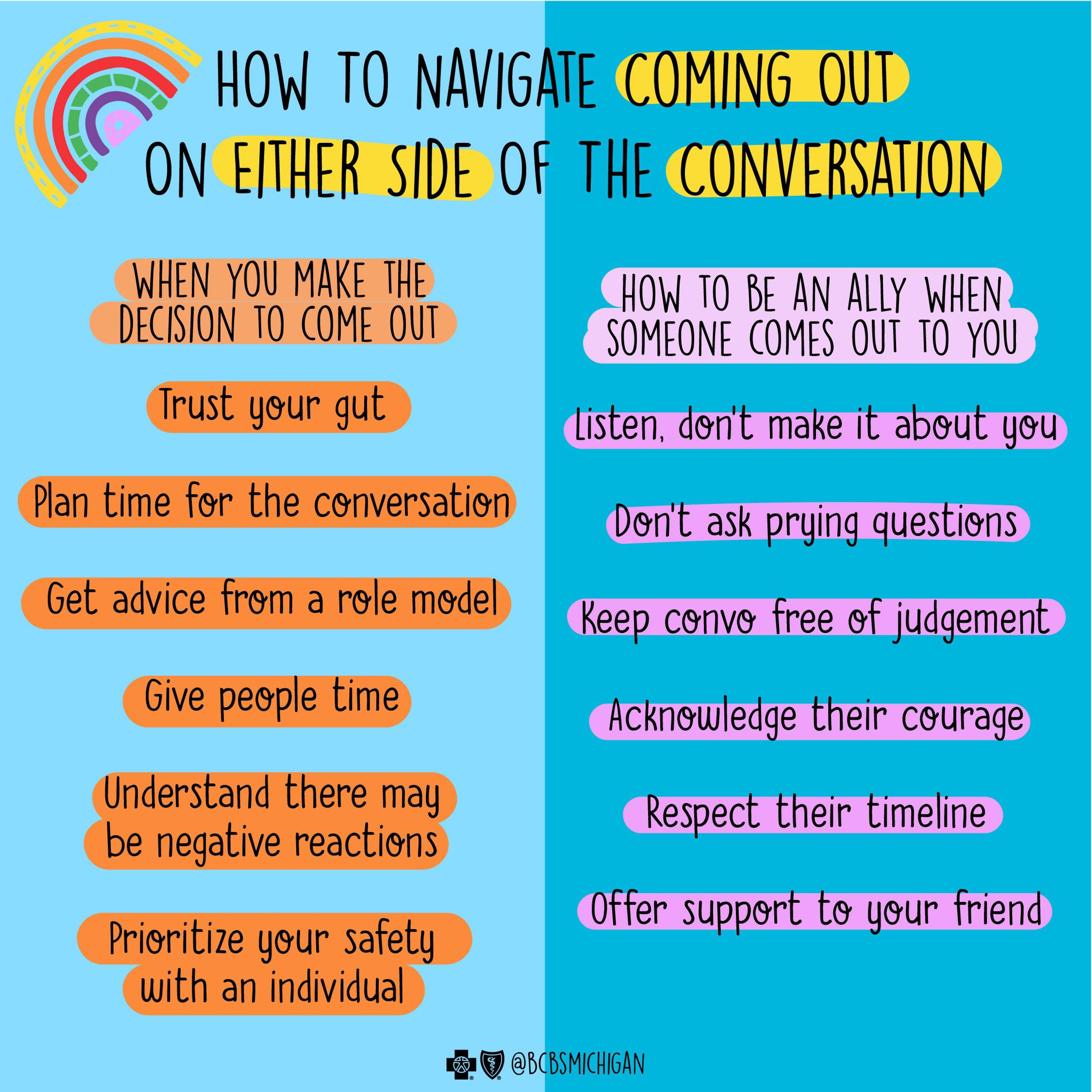Coming Out at Work: Finding Support and Protection

Stephanie Munier Radant
| 5 min read

For people with LBGTQ+ identities, coming out is never easy. As a transgender adult with an established career, I faced two major life changes. The first was the decision to start the process of transitioning, to begin living as my true gender. The second was to tell everyone in my professional life about these changes.
The decision to transition was, in some ways, the easier of those two steps. I had known since before I was ten years old that this was something I wanted to do, and something I would need to do. It just took some time – a few decades – to get to a space where that choice would be safe, for my and for my family.
Announcing this change to my professional colleagues felt like a bigger lift. I had made my life choices, and I had no intention of turning back. I knew that millions of us had no legal protections for our jobs at the time. But I had chosen to live in a city where discrimination was banned by local law. Many of us work in places that are hostile toward LGBTQ+ people. But I had chosen to work for a company where nondiscrimination was corporate policy. But I still had so many doubts. What would they do when these hypothetical protections were put to the test? Would I continue to be welcomed by my bosses, my company, my team, and my industry? Or would I lose my career, my income, their respect, and my livelihood?
I put off coming out at work, and maybe for longer than I should have. But within months, my transition was going so well that my old work clothes no longer fit me. There was no way for me to put it off for much longer. So I reached out to my team lead at work, and told him what was going on. He offered kindness and support. And the next day, he reached back out to me. He had spoken with our leadership team, and he was calling to tell me that I would have their full support. However I chose to come out, whatever timing was right for me, they had committed to supporting me through my coming out process.
So the next Monday, I called our IT department and asked them to change the name on my company e-mail, from my former name to my chosen name. And at the end of the workday, I sent an e-mail to my immediate co-workers. The e-mail told them that I had changed my name, that I had new pronouns (she, her, hers, and ma’am). And I told them that I was going to carry on doing the same job, on the same team, and that nothing else was going to change.
The next morning, my inbox was full of very kind and supportive replies to the big announcement. But the very first reply was from my team lead, telling me that he supported me, and to let him know if I ran into any problems. He wanted to be the first to deal with them. A few minutes later, I had a reply from our manager. She told me that I had her full support, and she said to let her know if I ran into any problems, so she could be the first to deal with them. Soon after that, I had a reply from the director over our department. She told me that I had her full support, and asked me to come to her if there were any problems, so that she could be the first to deal with them. Beyond just reassurance, their responses told me that my safety and wellbeing would be protected. I am keenly aware that many people don’t get that kind of support. The backing of our corporate leaders meant that I could stop worrying about having to choose between being myself and having a career; it meant that I would be welcomed as my true self.
By the end of that week, I had finished coming out to everyone I knew. By Friday afternoon, it was over. Decades of hiding who I am, of keeping up separate identities, of fearing for myself and my family – all of that have come to an end. All that was left for me to do was to keep working, and be myself. And the sense of relief that I felt was more profound than I can even describe.
Gallup tells us that 7% of American adults – one in 14 – have LGBTQ+ identities. Among the younger adults from Generation Z, that number is one in six. If there are more than a few people in your organization, it is almost certain that your team includes LGBTQ+ people. It probably includes people who are open about their identities, and people who have not come out yet. When I came out at work, I was lucky enough to have leaders who were prepared for my coming out. We had a corporate culture that valued a diverse workforce. And we had a compliance culture which ensured that every one of my coworkers knew that the company expected nondiscrimination from every member of the workforce.
To my organization’s great credit, those protections and those preparations were put in place long before I was ready to come out. But they made a world of difference to me when it was my time. On National Coming Out Day, I hope that all of us would take a look at ourselves and at the organization around us. Are we prepared to welcome the next person who comes out to us? Let’s make sure we have the policies, the mindset, and the awareness to be ready for the next person who takes this path.
Opinions expressed in this blog belong solely to the author and do not necessarily reflect the opinions or beliefs of Blue Cross Blue Shield of Michigan or its subsidiaries and affiliates.

More from A Healthier Michigan:
Photo credit: Courtesy of Stephanie Munier Radant





